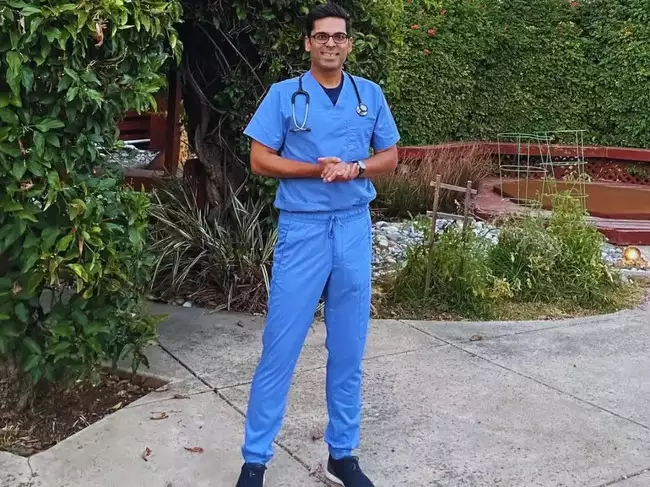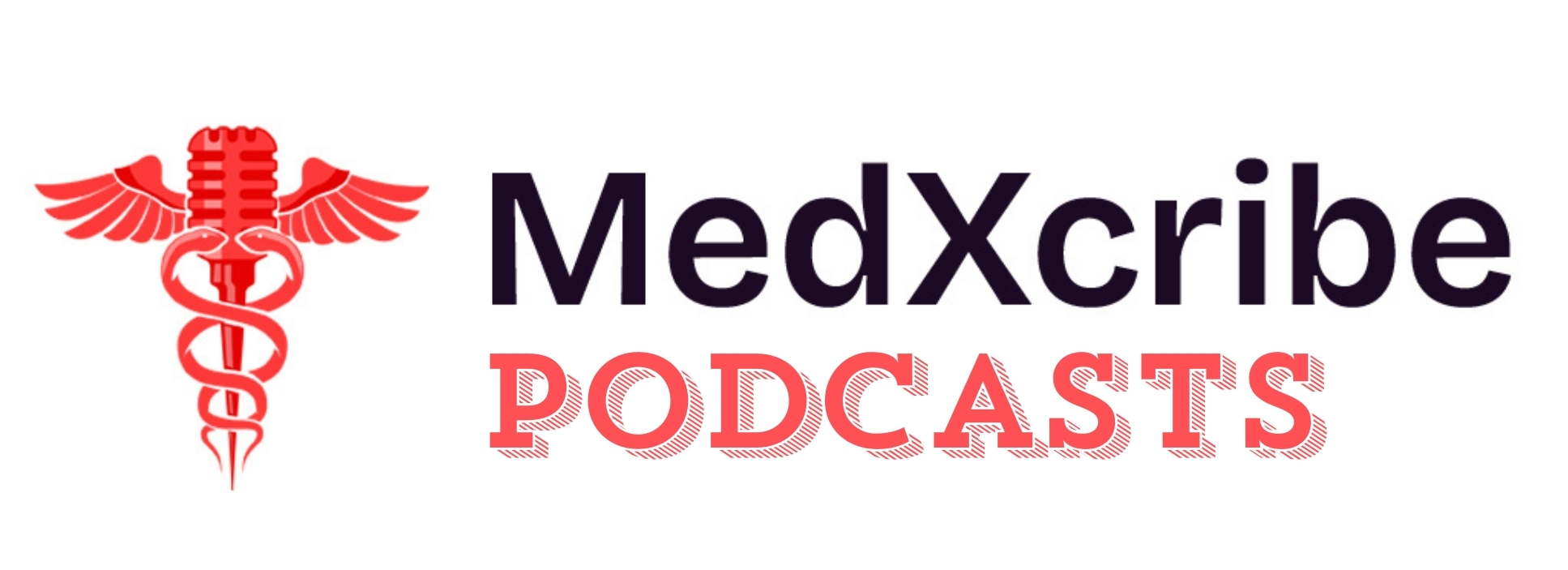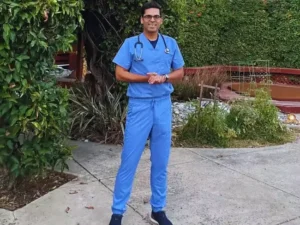
How to DETOX your FATTY liver without medications ⁉️Harvard Trained Liver Specialist Explains
- March 26, 2025
- 11:46 am
Summary
Dr. Sethi, a liver specialist, discusses non-alcoholic fatty liver disease (NAFLD), linked to insulin resistance with symptoms like fatigue. Treatment includes 10% weight loss and avoiding alcohol. Saturated fats and simple carbs increase NAFLD risk, while coffee and vitamin E may reduce severity. Vitamin D deficiency correlates with worse outcomes. Dr. Sethi advises against ketogenic diets, favoring plant-rich diets like the Mediterranean diet. Protein can be sourced from tofu and chickpeas.
Topic:
[00:00–00:20] Overview of Non-Alcoholic Fatty Liver Disease (NAFLD)
[00:20–00:40] Symptoms and Standard Treatment through Weight Loss
[00:40–01:00] Dietary Risks: Saturated Fats, Seed Oils, and Simple Carbs
[01:00–01:40] Supportive Nutrients: Coffee, Vitamin E, and Vitamin D
[01:40–02:40] Recommended Diets: Mediterranean and Plant-Based Options
Transcript
Overview of Non-Alcoholic Fatty Liver Disease (NAFLD)
[00:00] Today we are discussing non-alcoholic fatty liver disease and the impact of diet on this condition. If you are new to my channel, hi I'm Dr. Sethi or you can call me Dr. Sethi. I am a liver specialist. We will talk about various diets and beverages which have been shown to reverse fatty liver disease. Non-alcoholic fatty liver disease
Symptoms and Standard Treatment through Weight Loss
[00:20] This is characterized by fat accumulation in the liver, primarily linked to insulin resistance. It can present with vague symptoms like fatigue and dull discomfort in the right upper abdomen. The standard treatment for fatty liver is weight loss, aiming for a reduction of 0.5 to 1
Dietary Risks: Saturated Fats, Seed Oils, and Simple Carbs
[00:40] per week with at least a 10% overall body weight loss. It is also essential to avoid alcohol. Research indicates that diets high in saturated fats and certain seed oils are linked to a higher risk of fatty liver. Increased simple carbs consumption
Supportive Nutrients: Coffee, Vitamin E, and Vitamin D
[01:00] consumption also correlates with a greater likelihood of developing this condition. Coffee consumption has been associated with a lower risk of cirrhosis and can even reduce the severity of fatty liver. I generally recommend to limit the coffee to 1 to 2 cups a day with the last cup at least 6 hours before bedtime to avoid
[01:20] interruptions in sleep. Vitamin E is an antioxidant and has shown potential in reducing oxidative stress, inflammation and fibrosis in fatty liver, particularly when used at 800 international units during hepatic inflammation. Good sources of vitamin E would be nuts, seeds,
Recommended Diets: Mediterranean and Plant-Based Options
[01:40] and green leafy veggies. Vitamin D deficiency has been correlated with higher incidence of fatty liver. When vitamin D levels decrease, the risk of fatty liver goes up and the studies suggest that vitamin D supplementation can improve liver function. The good diet sources of vitamin D would be fatty fish and
[02:00] Mushroom.
[02:20] metabolic conditions. I do not recommend ketogenic diets to my patients with fatty liver due to mixed evidence regarding the effects on liver health. Instead, I advocate for plant-rich diets including mediterranean diet which are both beneficial. You don't need to become vegetarian or vegan to support liver health. Just focus
[02:40] focus on incorporating plenty of plant-based foods. However, if you are a vegetarian, you do not need to start eating meats. Just make sure to include plenty of good protein sources like tofu and chickpeas. I hope you found this information helpful. Like and subscribe and I will see you again next week.

